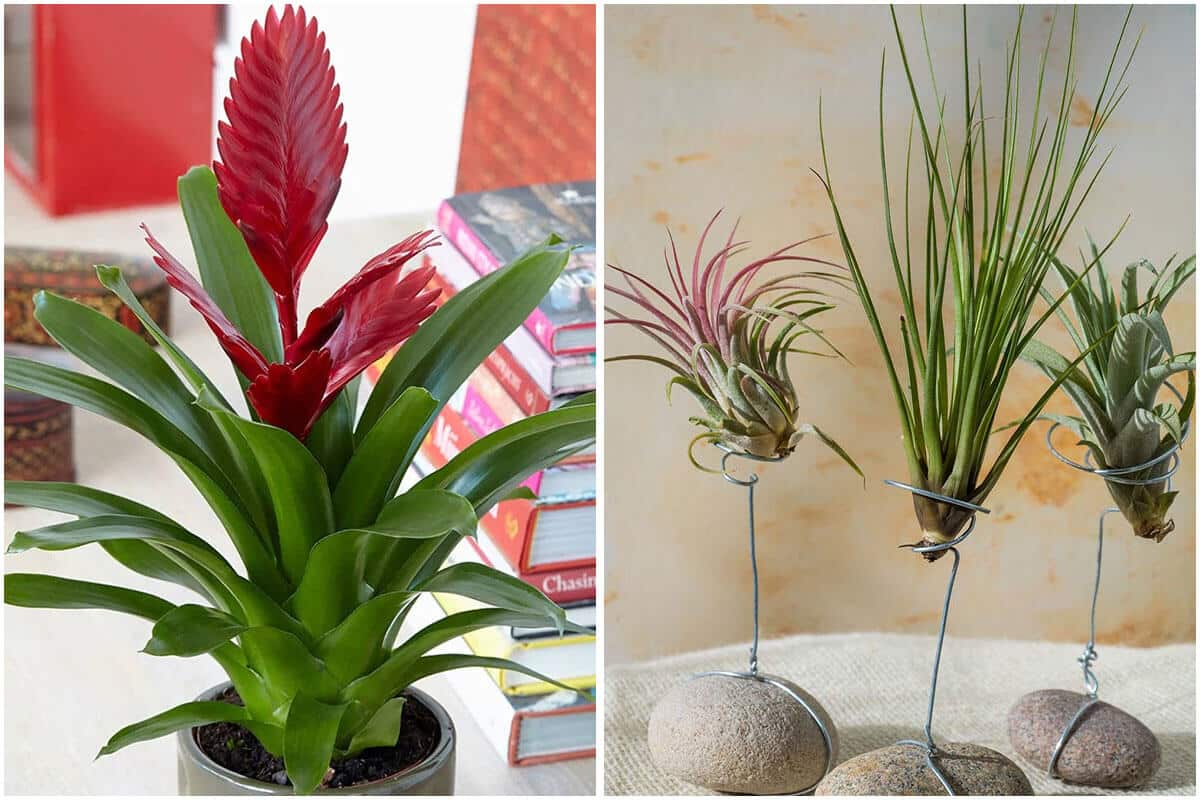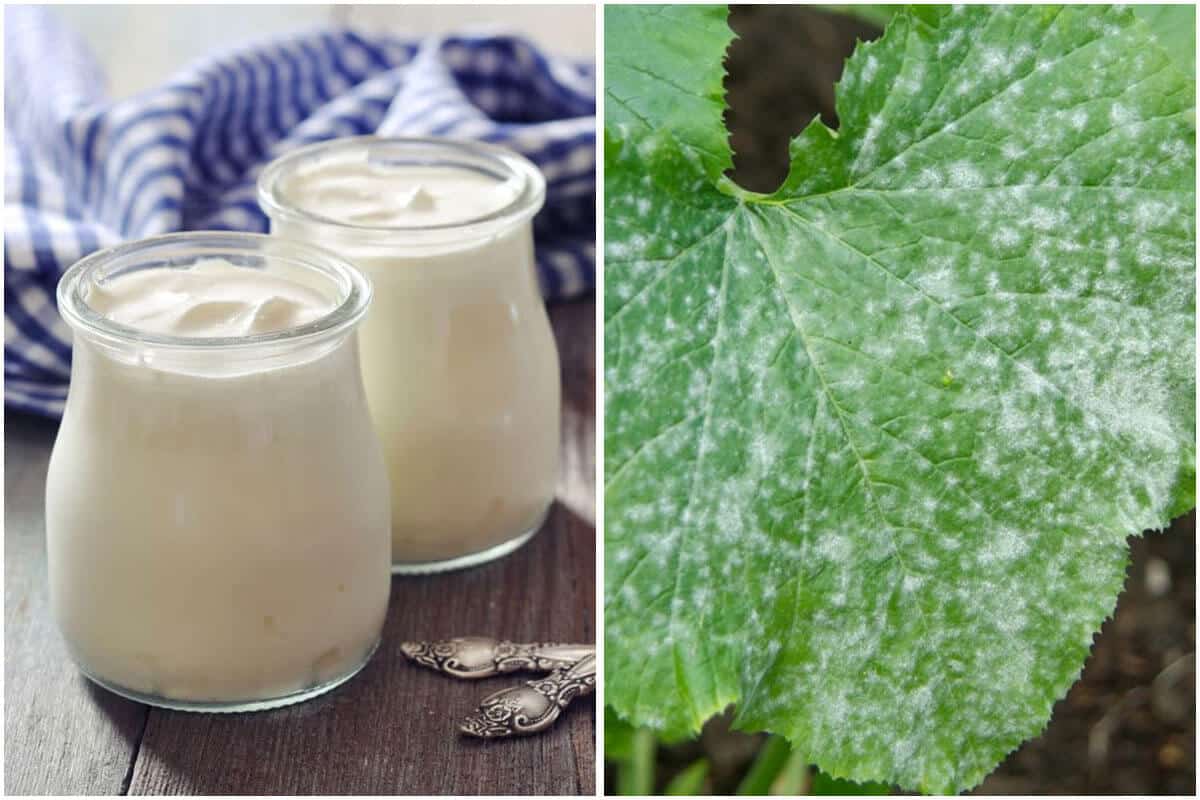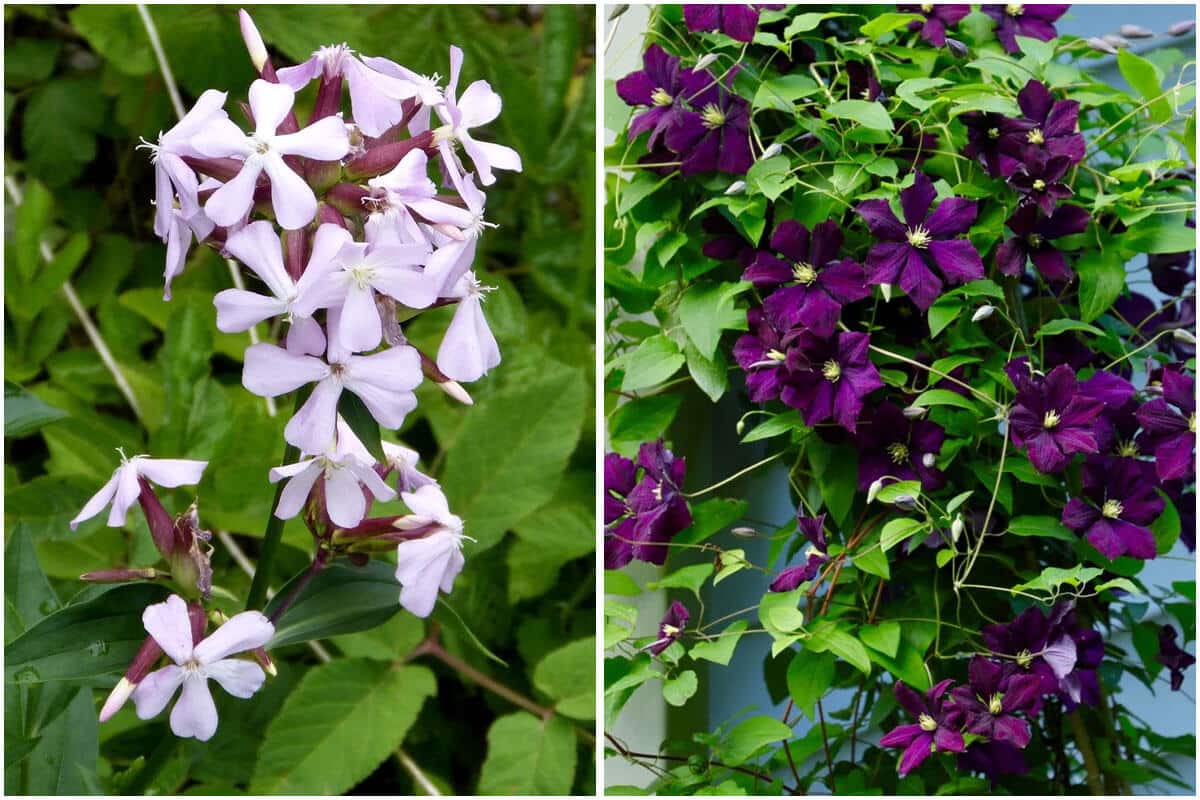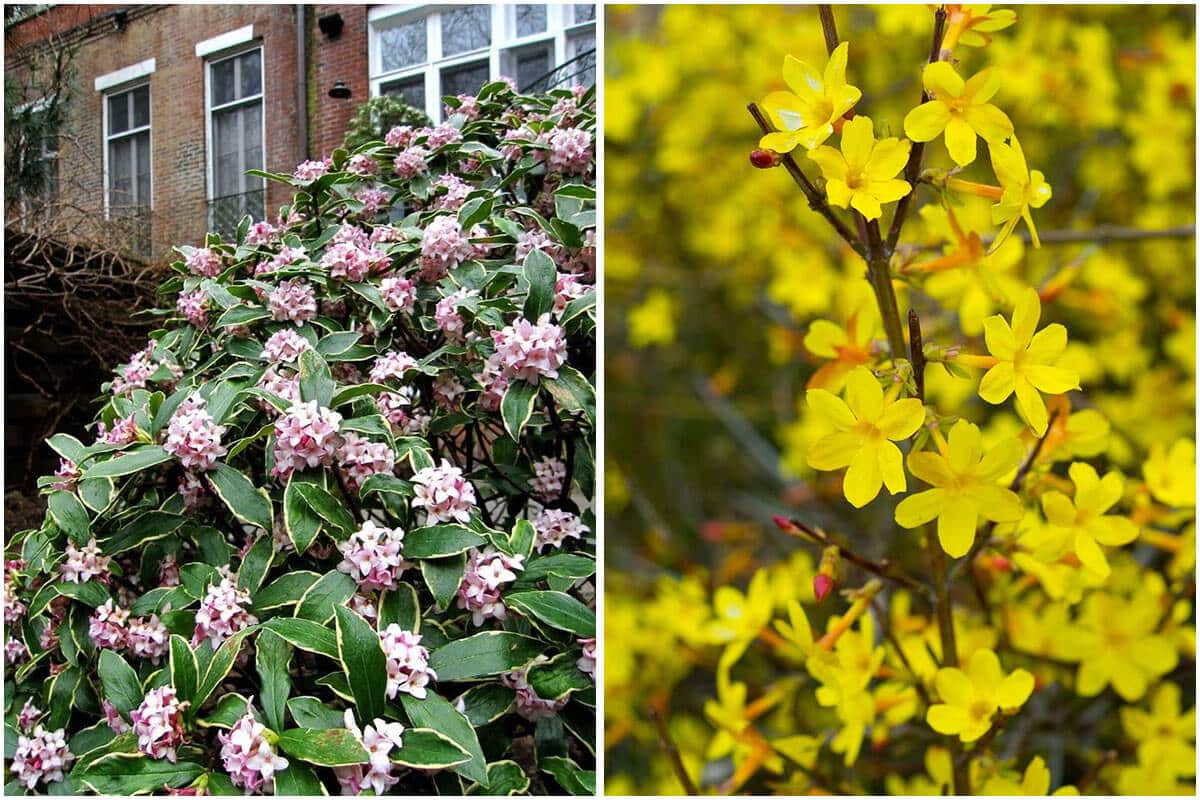If you are looking for the right plants that have many uses to grow in your garden, sage is one of the top choices. In addition to adding dishes to make your food more delicious and beautiful, it also works well in the garden to repel insects and attract beneficial insects. In addition, it also brings health benefits to humans such as purifying your home with its strong aroma, or cleaning your teeth, even healing diseased gums by the antiseptic properties of the plant.
So, in the post today we want to share about its uses and benefits as well that can bring to gardener. Their benefits are undeniable, right? Moreover, this plant is easy to grow and care without requiring too much about soil, nutrient, or weather. It is one of the perennial herbs, you just need to grow it once and you can use forever. And it can be grown anywhere, whether is pots, containers, bags…Here we go!!!
#1 As a Low-Maintenance, Drought Tolerant Perennial Herb

Whether you are beginer, or an experienced gardener, sage is one of those relatively low-maintenance plants that is easy to grow. It do not requite a lot, can be lived low-nutrient conditions, rocky or very alkaline conditions. It grows is in full sun, and the conditions are free-draining. You can easily grow it in the ground, or in containers. So it can be a great choice for many different gardens.
#2 To Attract Pollinators and Other Beneficial Insects

When sage is in bloom, this is a herb that works very well in a wildlife-friendly garden. This plant is beloved of bees, and also helps to attract a wide range of other pollinators. In addition, sage is also beneficial for attracting predatory insects such as hoverflies, which can help keep down aphid numbers and keep other plants nearby safer from attack.
#3 To Repel Certain Insects

Sage is also said to repel a range of unwanted insects from a garden due to its strong, pungent fragrance such as carrot rust flies, cabbage moths, cabbage loopers, cabbage maggots, cabbage worms, and black flea beetles. Interestingly, burning sage will also help to keep mosquitoes and other biting insects away while you are enjoying time in your garden.
#4 As a Companion Plant

Due to sage’s capacity to attract beneficial insects and keep away unwanted pests, it can be a great choice as a companion plant. For example, sage works well as a companion plant for carrots, and for Brassicas (cabbage family plants), potatoes, tomatoes, and strawberries.
#5 To Speed Decomposition in Your Compost Heap

Another interesting thing about sage is that it can be used as an ingredient in a compost activator, can aid in improving bacterial conditions on a composting system. It is pretty good at dynamically accumulating certain plant nutrients – notably potassium and calcium. So adding sage to your compost heap, or strewing it as a mulch, could help to replenish these plant nutrients in your garden soil.
#6 For Use in a Range of Edible Recipes

It is great herb for cooking. Both the leaves and the flowers are commonly used as a flavoring in a range of cooked meals. Often, as an aid to digestion, sage is used as a pot herb alongside heavy, fatty foods in savory dishes. And sage can also be used in dessert recipes too.
#7 For Medicinal Purposes

It is well known as a domestic herbal remedy for issues with the digestive system. And it is also efficacious for a range of other ailments. For example, it has antiseptic properties, which make it ideal for helping to heal sore throats, mouth ulcers and aching teeth.
#8 For Use in Naturally Cleaning and Purifying Your Home

You can use this herb to naturally clean and purify your home. Due to its antiseptic and anti-bacterial properties, sage can be useful when added to solutions for cleaning household surfaces. Sage also helps to purify the air in your home, when it is burned in a process known as ‘smudging’.
#9 To Use in Cleaning Your Teeth

Sage is also great for cleaning your teeth. The leaves can simply be rubbed over the teeth and gums. This is a natural solution when a toothbrush is not to hand. But you can also use sage as an ingredient in home-made toothpastes and tooth powders. Again, the antiseptic properties of the plant can come in handy. And sage can also help in healing diseased gums.
#10 Or For a Natural Deodorant

Sage has natural anti-perspirant properties that make it ideal for use in natural deodorants. It can be used in combination with lavender, or a range of other essential oils depending on your fragrance preferences.





